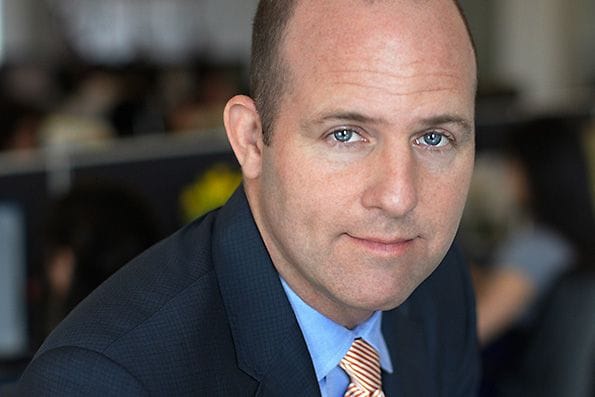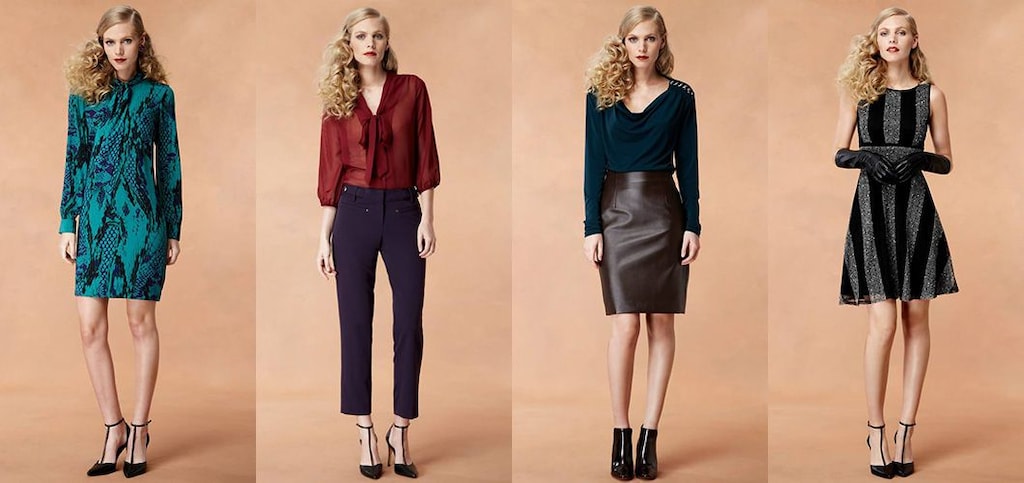In 2006, Paul Hurley, a longtime entrepreneur who reportedly made his first investment at age 12, and tech guru Mark Uhrmacher co-founded what would eventually become ideeli, a massively successful flash sale site for women’s fashion and home goods. When the pair first started talking about the company, though, they had another idea in mind.
“It was going to be a social media marketing platform, not a retailer,” Hurley says. “I didn’t want it to be a retailer because I didn’t want to manage inventory.”

But the market had other plans. Just a few years before the Great Recession, Hurley and Uhrmacher worried that enterprise software vendors would be some of the first companies to fold as part of the impending economic fallout. They wanted to capture a passionate audience so they researched at a few e-commerce flash sites popping up (namely France-based Vente-privee, which Hurley calls "the original flash site") and decided to make a strategic change. "We pivoted because we saw a bigger opportunity in the retail space; consumers were responding to flash sites," Hurley says.
Hurley and Uhrmacher (who is no longer with the company) were smart to change when they did. Today, the company has two offices in New York City, almost 7 million users and well over 200 employees.
“I think humility is the most underrated quality in an entrepreneur,” Hurley says. “It’s about being passionate about what you know, but being flexible and okay with adjusting and changing rapidly. You can’t be in love with your own idea. You have to be willing to throw it away.”
Hurley served as the company's CEO until October 2012 and now serves on the board of directors (Stefan Pepe, formerly of Zynga and Gilt Groupe, stepped in as CEO in March 2013). Hurley spoke with OPEN Forum about ideeli's beginnings and his future and explains why now is the best time to be an entrepreneur.
Fashion flash sites are everywhere these days. How has ideeli stayed competitive?
It has a lot to do with the disruption happening in the brick-and-mortar retail marketplace right now. Consumers are changing the way they want to shop. They want to make it easier on themselves and shop through mobile while they are sitting in the waiting room at their dentist’s office. ideeli can provide you with tips on how to wear different items, a service you can’t always get in stores.
That, and if you really think about it, ready-to-wear accessories is a $350 billion business. While we do have competition with other flash sites, collectively the e-commerce companies out there are a small portion of the whole.
Take me back to the early days of ideeli. What challenges did you face starting out?
Finding investment was tough. I put in my own money—all of the money I had, I’d like to add, which I don’t recommend—for the first 10 months. We did consulting work on the side to make ends meet. Back then there wasn’t much going on in terms of investment in New York City. There was also very little interest in entrepreneurs with businesses targeted to women. Investors invested in what they knew. If you were sitting in a room trying to explain that the average woman is likely to make 56 clothing purchases per year to a group of guys wearing Dockers, they weren’t going to know what you were talking about.
Thankfully, we were able to find smart investors and ended up attracting a healthy amount of capital. We brought in $110 million to date.
Now that you are an ideeli board member, what is your next move?
I’m still active in the company and help out in a variety of areas, but I do have other things that I’m working on.
Any projects that you are willing to share?
Not yet. You will hear about it when it makes a lot of money [laughs]. Right now is an exciting time for entrepreneurship; it’s a great time to start things.
Why is now a good time to start a company?
So many reasons. There is a really sophisticated capital ecosystem, you can hire people all over the world and you can start companies faster than ever. It is easier to reach consumers than ever before. Think about it: Especially in retail, stores used to be the gatekeepers for everything. Now information is so much more liquid and things move so much faster.
The single biggest challenge is being able to change and survive while you figure out if your idea will work. It takes less time to know if something will work today and it is cheaper to find out quickly if you will win or not. That is my opinion, though. I’m an optimist.
Besides maintaining one’s humility, what other advice can you offer entrepreneurs?
Preserve cash at all costs. Test your idea quickly. If your idea is incredibly hard to test, that is an indication it isn’t as good as one that would be easier to test. Ideas are cheap and there is always another one. Be skeptical of your own ideas and keep fine-tuning and changing to find the one that fits.
Read more articles on entrepreneurship.
Photos: Courtesy Ideeli and Paul Hurley



